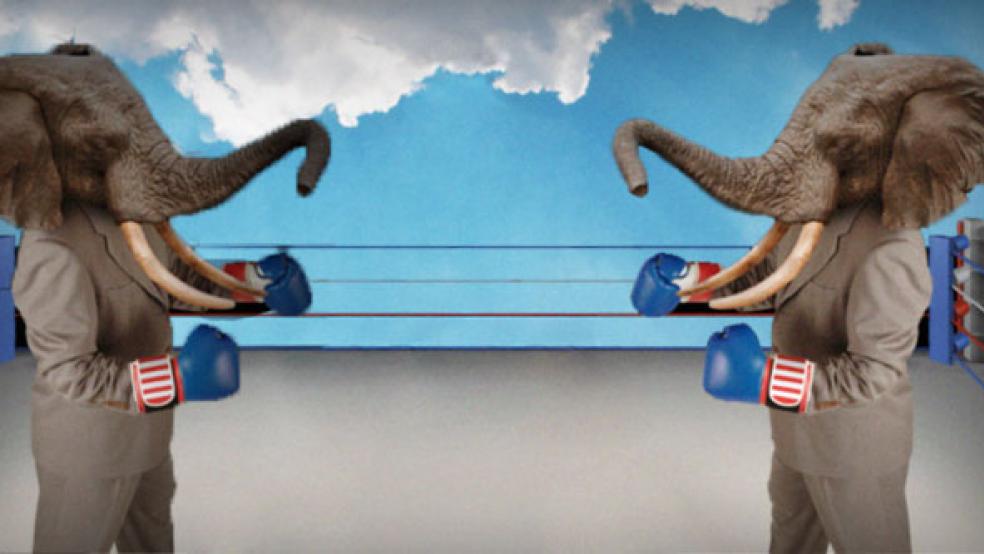Last week’s kumbaya moment between President Trump and congressional Democratic leaders has upended political calculations on Capitol Hill and given the administration something it can tout as a win. “It is by far the administration’s best governance play to date, just the kind of businessman-cutting-through-government-BS that Trump’s supporters had hoped for in electing him,” Phillip A. Wallach, a senior fellow in governance studies at the Brookings Institution, wrote on Friday.
But whether it truly transforms Trump’s presidency, or has any real long-term significance, remains far from clear. The deal, after all, simply funded the government and suspended the debt ceiling for three months while providing emergency money for disaster relief. It postponed some potentially explosive battles without defusing them.
Yet as Politico reports, the deal could have some longer-term repercussions by creating a coalition of enough Republicans and Democrats that could, just maybe, get some other important stuff done. An infrastructure spending package tops that list, though we’ve heard that before.
Like What You're Reading? Sign Up for Our Free Email Newsletter
Still, Trump’s unexpected deal might represent a defining moment in another way, Brookings’ Wallach argues. The controversial partnership between Trump, Chuck Schumer and Nancy Pelosi might accelerate the disintegration of the Republican Party by highlighting a “central tension” plaguing the GOP: “the Reagan-era political logic of shrinking social spending and taxes while promoting social conservatism and a strong military no longer has the power to bring together a majority of voters.”
Trump ditched the first part of that platform by promising not to touch Social Security and Medicare while pushing other conservative priorities and promising to make the economy work better and cut taxes for middle-class voters. And Wallach makes the case that there’s really just one policy point tying Trump and the establishment GOP together today: tax cuts, especially those for businesses: “It is a Ryan priority and a Trump priority—and it bears saying that there are some fairly big policy improvements there for the taking if the party can get its act together.”
That’s still a very big “if.” It’s clear that Trump isn’t going to magically unite that various wings of the GOP — and Steve Bannon, Trump’s self-proclaimed “wingman” outside the White House, is actively working to widen the rifts.
Wallach suggests this could all portend “a major partisan realignment” like one that happened in the 1850s: “Trump plays the role of Zachary Taylor in this analogy: an outsider whose ambitions were incongruent with the party that elected him, and subsequently accelerated its demise. At this stage in his presidency, that continues to look like a live possibility.”
That doesn’t mean the GOP is going the way of the Whigs anytime soon. But it does mean that our politics will be fractious — and fascinating — for years to come.





